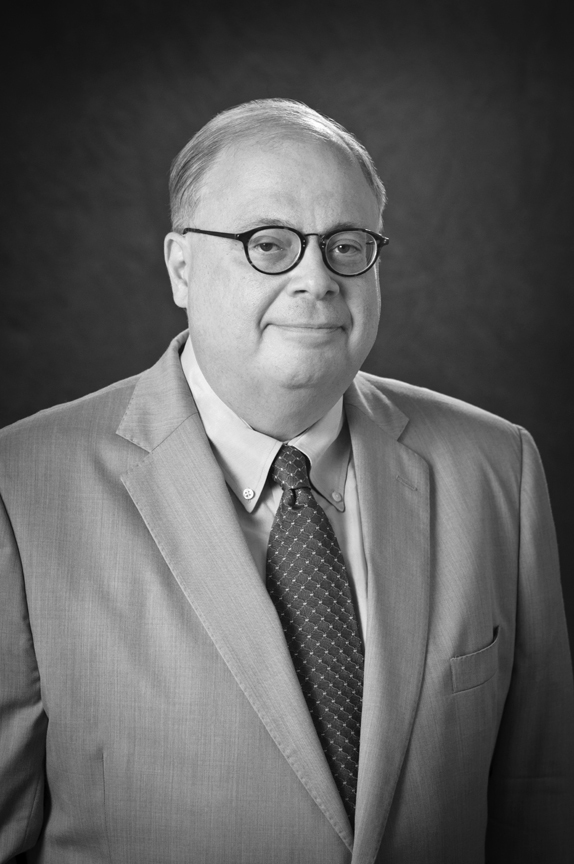Employment law attorney Micheal Maslanka reviews Blind Spots: Why We Fail to Do What’s Right and What to Do about It, finding it provides real insight into the ethics of judging employees on their outcomes and not their methods.
In Blind Spots: Why We Fail to Do What’s Right and What to Do about It
, authors Max H. Bazerman and Ann E. Tenbrunsel recount an experiment they conducted. Group A read that a researcher submitted a drug application and included data points that were earlier tossed out on a technicality. The drug was approved, but the patients who took it died. In Group B, the researcher faked the data points, the drug was approved, and it was a success. After the study participants read one or the other’s story, they were asked how unethical they believed the researcher to be. Those who read Story A were much more critical of the researcher than those who read Story B and felt that he should be punished more harshly.
But the researcher’s behavior in Story B is much more unethical than the Story A researcher’s actions. That is exactly what the subjects thought when Bazerman and Tenbrunsel removed the outcome from each story. Here’s their conclusion: “Managers can make the same kind of judgment mistake, overlooking unethical behaviors, when outcomes are good and unconsciously help to undermine the ethicality of their organizations.”
What to do? Managers need to be aware of that bias and “examine the behaviors that drive good outcomes, and reward quality decisions, not just results.” What your mom told you is true: It’s not just the destination ― it’s the journey.
Michael Maslanka is a partner in the Dallas, Texas, office of Constangy, Brooks & Smith, LLP. He has 30 years of experience in litigation and trial of employment law cases. He is the editor of Texas Employment Law Letter, and he also authors the “Work Matters” blog for Texas Lawyer.


